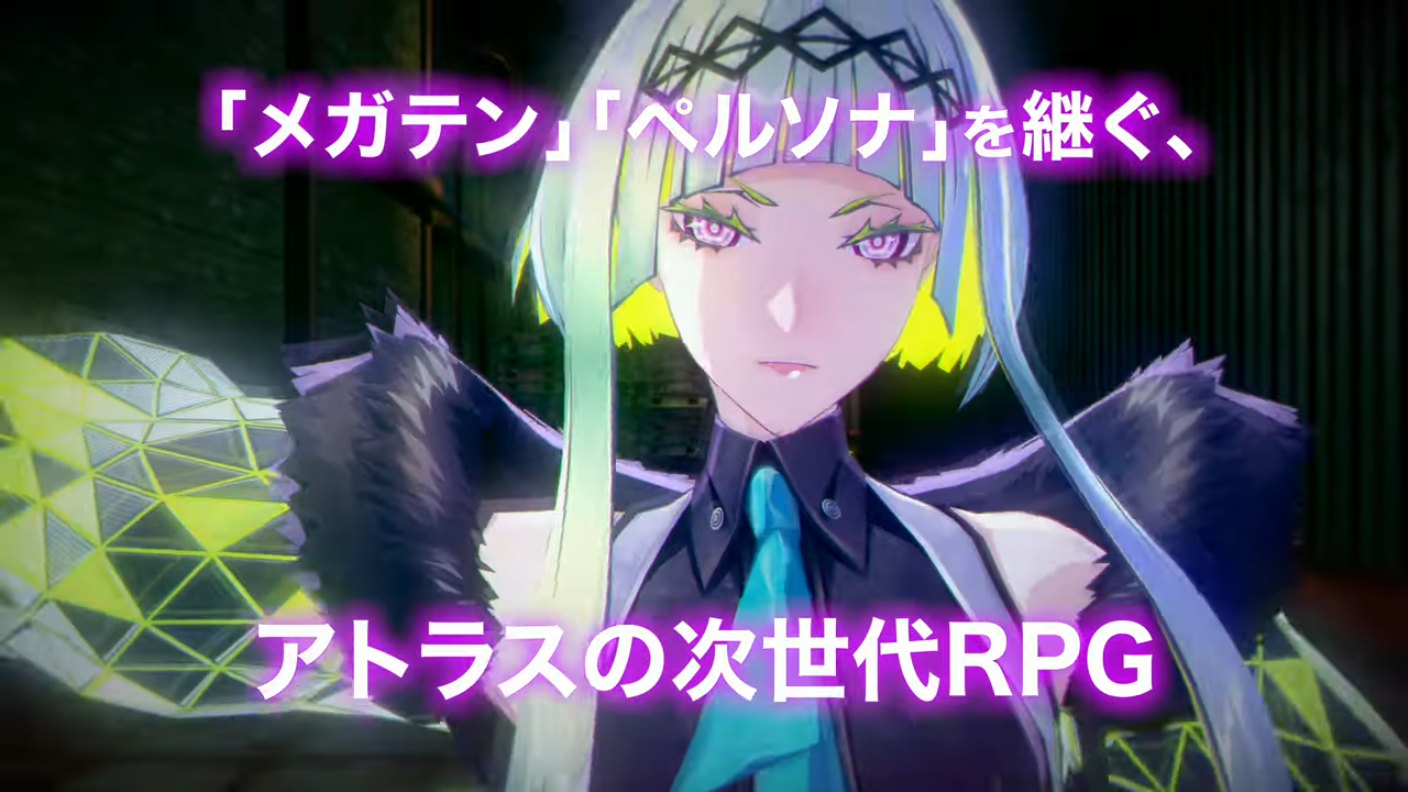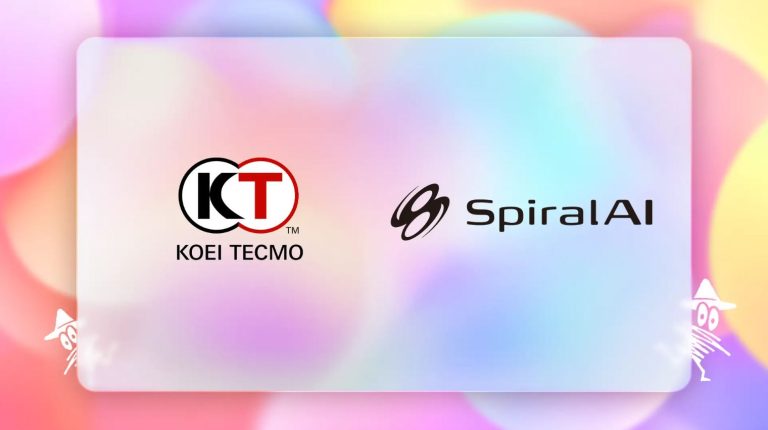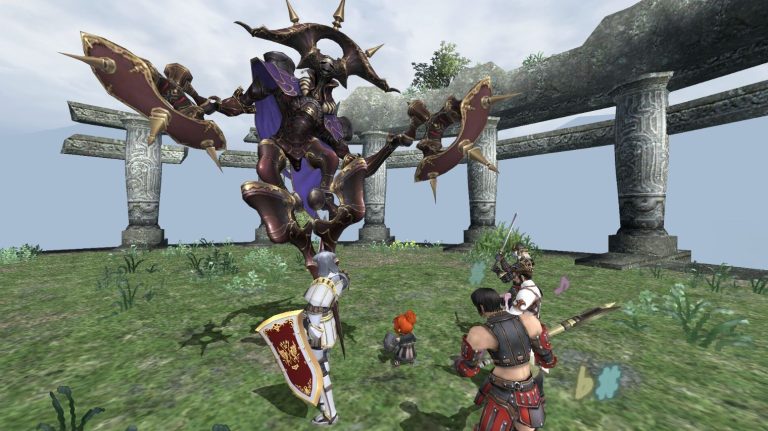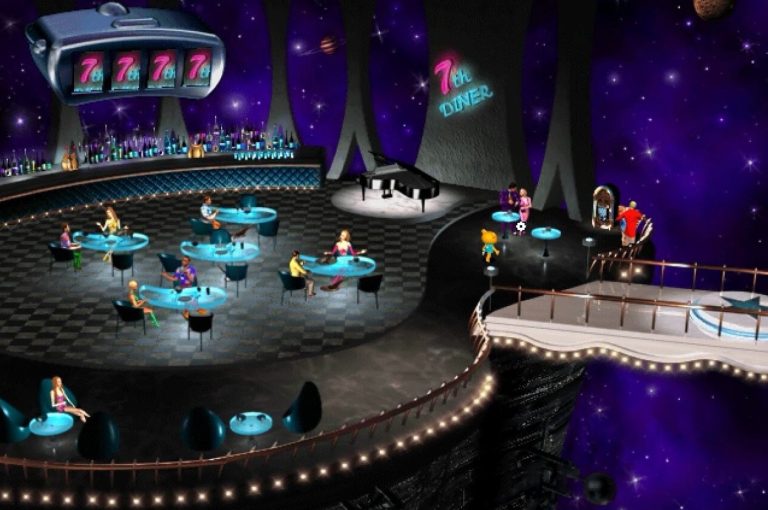An advertising tagline for Soul Hackers 2 in Japan has given rise to some complicated feelings among fans of the series. When promoting the game via TV commercials, Twitter, and other media, Atlus has used the tagline: “The new Atlus RPG that succeeds Shin Megami Tensei and Persona.” Many fans harbor conflicted feelings about the phrase, particularly in regard to the game “succeeding” Persona.
Why exactly is it that so many seem to have concerns about this tagline? On social media, you can see people sharing opinions like, “Soul Hackers is part of the Devil Summoner series, so why are you advertising it by taking advantage of the names of Shin Megami Tensei and Persona?” and “It should be succeeding Devil Summoner not Persona!”
Soul Hackers 2 is the sequel to Devil Summoner: Soul Hackers and is the latest title in the Devil Summoner series that began with the 1995 Sega Saturn title Shin Megami Tensei: Devil Summoner. The Devil Summoner series is especially popular in Japan, but there has not been a brand-new title in the series since Devil Summoner 2: Raidou Kuzunoha vs. King Abaddon was released in 2008.
Back when the teaser site for Soul Hackers 2 was first revealed, it claimed that the game would inherit the essence of Devil Summoner: Soul Hackers, and fans had high hopes for the continuation of the Devil Summoner series.
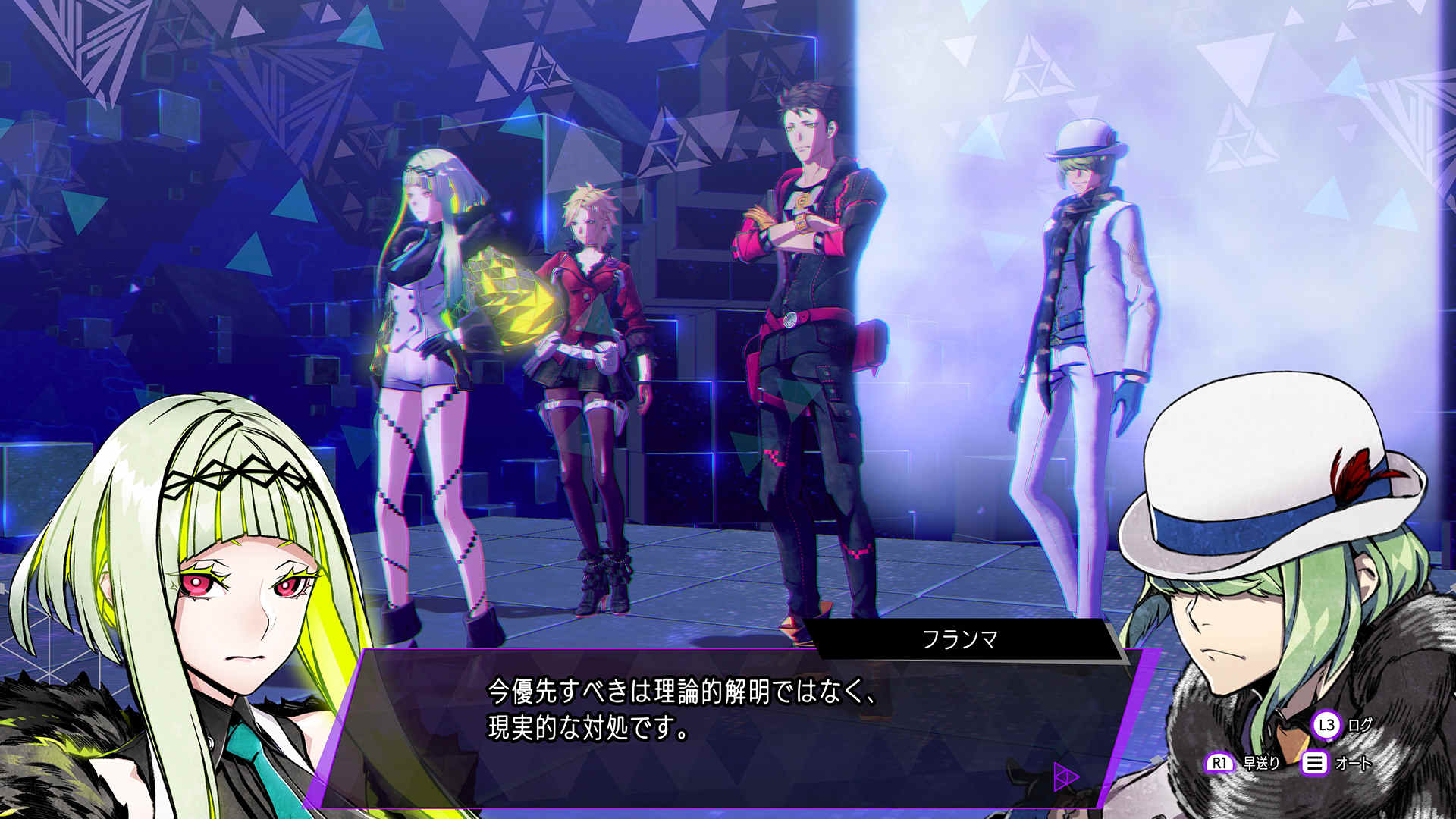
Shin Megami Tensei, Persona, and Devil Summoner are all games that were originally derived from the Megami Tensei series. All the games in each sub-series share a number of elements, including the demon designs, but beginning with Persona 3, the Persona series adopted a look and feel that placed more emphasis on style, distinguishing itself from the other sub-series.
Devil Summoner games are characterized by their ominous settings that encompass the feeling of the end of the world, so the atmosphere is closer to the Shin Megami Tensei series. This difference in atmosphere when compared to the Persona series may be why a large number of fans balked at the idea that Soul Hackers 2 would “succeed” Persona.
Even prior to the commotion regarding the tagline, many fans found that the character design and feel of the UI shown in the pre-release information about the game took on a more stylish approach in the vein of Persona and was somewhat different than they had anticipated. Some had concerns that the game would feel like Persona rather than a Devil Summoner title, and with the reveal of the new tagline, these people believed their worries were right on the mark.
It is likely for the reasons above that the tagline: “The new Atlus RPG that succeeds Shin Megami Tensei and Persona” has been met with such harsh opinions from series fans.
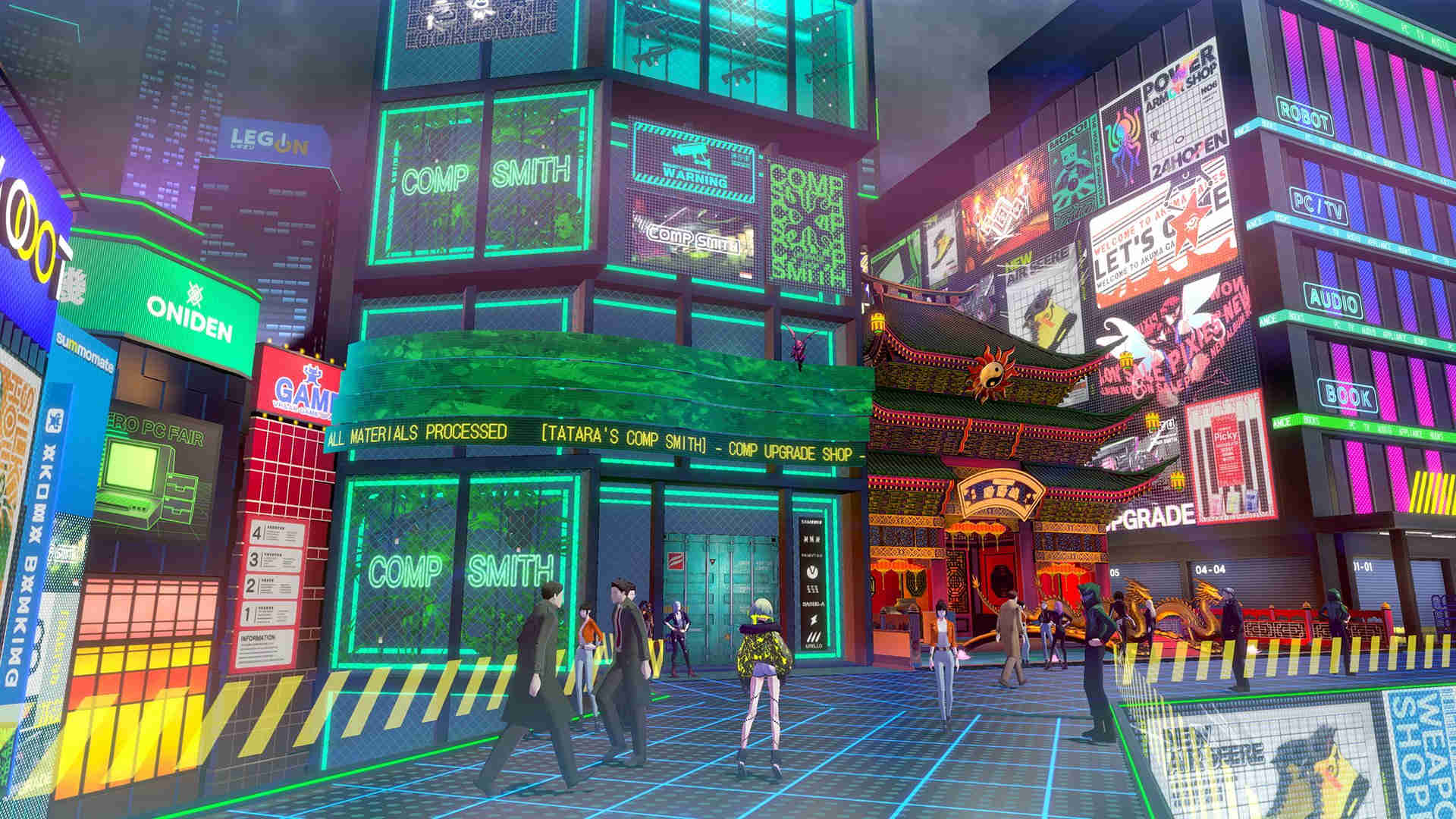
It’s hard to say that using the names of other games to promote Soul Hackers 2 or any beloved title is a good way to go about it. Both Shin Megami Tensei and Persona are two of Atlus’ most popular IPs, but there seem to be people who feel that it is tactless to try and make use of that popularity when promoting the latest title in a different series.
There’s also the fact that Shin Megami Tensei: Devil Summoner was released in 1995, while the first Persona title, Revelations: Persona, was released for the PlayStation in 1996. It’s a little strange to say that a Devil Summoner title is “succeeding” Persona, when the series is actually older. The mindset among many fans is that they want Soul Hackers 2 to stand alongside other games while inheriting the Devil Summoner name because that’s the series it belongs to.
The inelegant tagline has left fans with some complicated feelings, but it can also be interpreted in a more positive light. Perhaps the intent behind the tagline is that, with the release of Soul Hackers 2, Atlus wants to raise awareness of the Devil Summoner series and make it a new mainstay alongside both Shin Megami Tensei and Persona. That being said, fans likely would have preferred the game to grow popular with a tagline that befits the Devil Summoner name. While a new sequel to a beloved series is joyous news, there are times when it can also bring about great discord.
Written by. Marco Farinaccia based on Aki Nogishi’s original Japanese article

